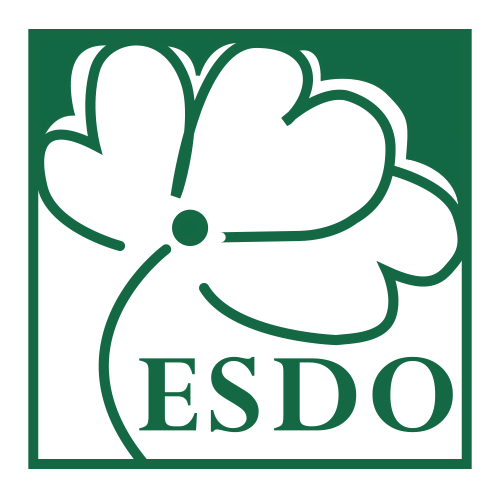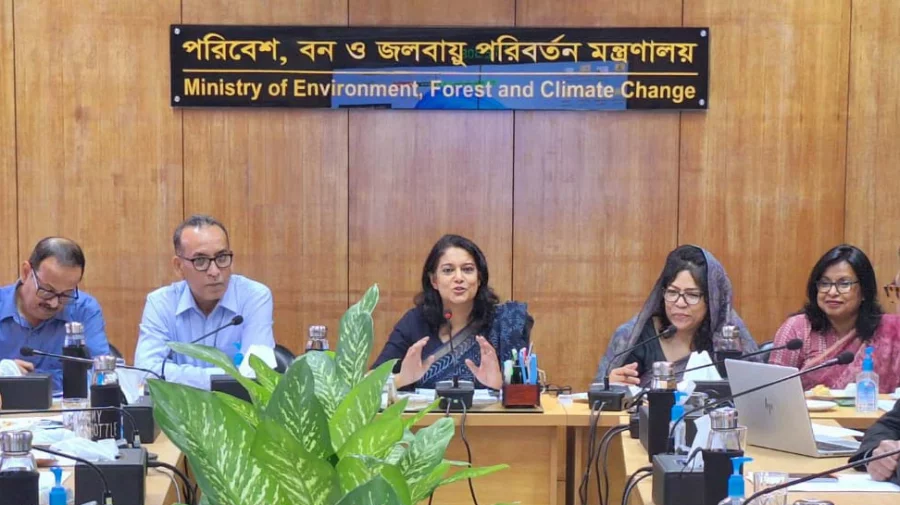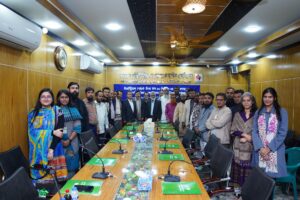The Government of Bangladesh, through the Ministry of Environment, Forest, and Climate Change (MoEFCC), has announced a nationwide ban on the use of polythene and polypropylene shopping bags in supermarkets, effective from October 1, 2024. This decision comes as part of Bangladesh’s long-standing efforts to combat plastic pollution, which has severely impacted the environment despite a 2002 ban on polythene bags.
At a strategic meeting held on September 9, 2024, chaired by Syeda Rizwana Hasan, Adviser to the MoEFCC, the government outlined its plans to enforce this ban and encourage the use of eco-friendly alternatives, such as jute and cloth bags. The meeting included representatives from key supermarkets and environmental organizations, including ESDO, which has played a crucial role in advocating against plastic pollution since the early 1990s.
Key Measures and Initiatives
- Media Campaign and Public Notices: Starting September 15, 2024, a public awareness campaign will be launched across print and electronic media, educating citizens on the upcoming ban. Public notices will be published in national newspapers.
- Supermarket Collaboration: Supermarkets will set up stalls offering eco-friendly alternatives like jute and cloth bags. The Ministry of Textiles and Jute will collaborate with supermarkets to ensure a steady supply of these bags.
- Eco-Bag Fair: By September 30, 2024, the Department of Environment, in collaboration with ESDO and the Jute Diversification Promotion Centre (JDPC), will organize an Eco-Bag Fair. This event will connect manufacturers of jute and textile bags with supermarkets, facilitating a smooth transition to sustainable packaging solutions.
- Youth and Student Involvement: The initiative will engage youth and students in promoting awareness and driving behavior change towards eco-friendly alternatives.



